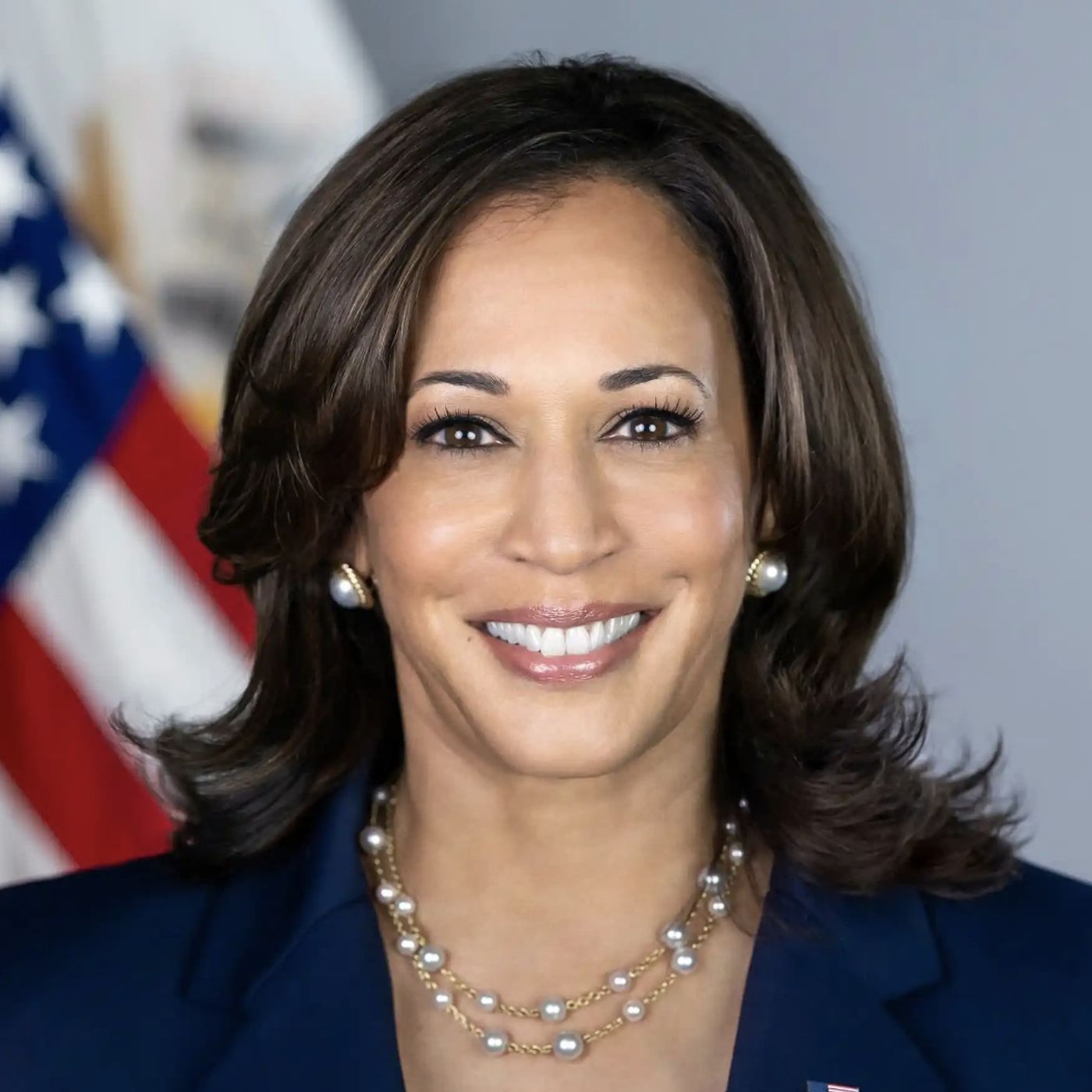Apr 07 2025 2 mins
In the recent 2024 U.S. presidential election, Kamala Harris made notable inroads with majority-white religious denominations, according to data from the Cooperative Election Study 2024. Political analyst Ryan Burge shared insights revealing that Harris's appeal extended significantly into these communities, marking a shift in voting patterns that were traditionally leaning towards Republican candidates.
The top three majority-white denominations that voted for Harris included the Evangelical Lutheran Church in America (ELCA), the United Church of Christ, and the Episcopal Church. This support showcases a growing trend of progressive values resonating within these religious communities, which have historically been perceived as moderate to conservative. The broader implications of this shift indicate a potential realignment among religious voters, reflecting changes in demographic and cultural attitudes.
While Donald Trump secured robust backing from white evangelical Protestants—a group that has been a cornerstone of Republican support—the diversification in voting behaviors among other white denominations has drawn significant attention. Harris's campaign successfully tapped into issues such as social justice, healthcare, and climate change, which have gained traction among younger and more liberal-leaning churchgoers.
Furthermore, the Harris campaign's strategy of addressing faith-based communities directly, including outreach initiatives and policy proposals that align with religious social teachings, has proven fruitful. The ability to connect faith with progressive policies has allowed Harris to carve out a new political narrative that leverages moral and ethical considerations as central to her platform.
This trend could suggest a gradual yet prominent political realignment, where the intersection of faith and politics is increasingly multifaceted. Observers will likely monitor how these emerging patterns influence future elections and whether other political figures can replicate this approach to garner support among religious voters.
Overall, Kamala Harris's gains in majority-white denominations underscore a dynamic electoral landscape, with changing alliances that could redefine traditional bipartisan divides. Her success in reaching these communities hints at a nuanced political climate where faith-based voters are embracing broader, more inclusive agendas that align with their values and vision for the future.
The top three majority-white denominations that voted for Harris included the Evangelical Lutheran Church in America (ELCA), the United Church of Christ, and the Episcopal Church. This support showcases a growing trend of progressive values resonating within these religious communities, which have historically been perceived as moderate to conservative. The broader implications of this shift indicate a potential realignment among religious voters, reflecting changes in demographic and cultural attitudes.
While Donald Trump secured robust backing from white evangelical Protestants—a group that has been a cornerstone of Republican support—the diversification in voting behaviors among other white denominations has drawn significant attention. Harris's campaign successfully tapped into issues such as social justice, healthcare, and climate change, which have gained traction among younger and more liberal-leaning churchgoers.
Furthermore, the Harris campaign's strategy of addressing faith-based communities directly, including outreach initiatives and policy proposals that align with religious social teachings, has proven fruitful. The ability to connect faith with progressive policies has allowed Harris to carve out a new political narrative that leverages moral and ethical considerations as central to her platform.
This trend could suggest a gradual yet prominent political realignment, where the intersection of faith and politics is increasingly multifaceted. Observers will likely monitor how these emerging patterns influence future elections and whether other political figures can replicate this approach to garner support among religious voters.
Overall, Kamala Harris's gains in majority-white denominations underscore a dynamic electoral landscape, with changing alliances that could redefine traditional bipartisan divides. Her success in reaching these communities hints at a nuanced political climate where faith-based voters are embracing broader, more inclusive agendas that align with their values and vision for the future.
